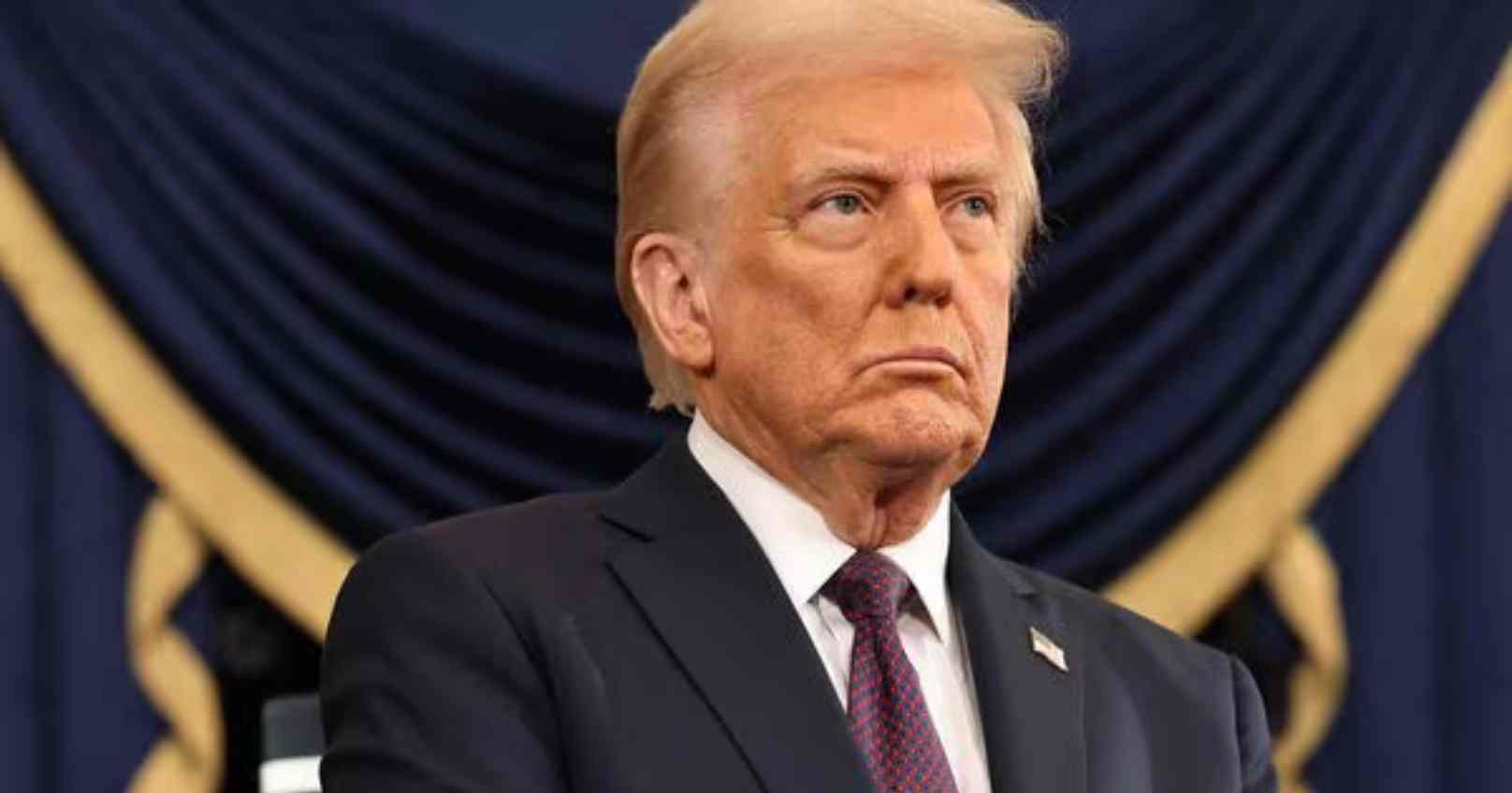A US federal judge has temporarily blocked former President Donald Trump’s executive order to revoke birthright citizenship, deeming it “blatantly unconstitutional.” The ruling, issued by US District Judge John Coughenour on Thursday, prevents the Trump administration from implementing the order for 14 days while legal challenges proceed.
Trump, who began his second term on January 20, had signed the order on his first day in office. The order sought to deny US citizenship to children born in the country if neither parent is a citizen or legal permanent resident. This sparked immediate backlash, with lawsuits filed by Democratic-led states and civil rights organizations.
Legal Pushback Against Trump’s Order
The executive order, slated to take effect on February 20, faces widespread criticism for violating the 14th Amendment of the US Constitution, which grants citizenship to anyone born on US soil. Democratic-ruled states, including Washington, Illinois, Oregon, and Arizona, argued that the order undermines constitutional rights and would impact over 150,000 children born annually in the US.
“This is a blatantly unconstitutional order,” Judge Coughenour said during Thursday’s hearing. He questioned the Justice Department’s attorney, Brett Shumate, over the administration’s legal rationale, describing the order as unprecedented and legally indefensible.
The judge’s restraining order will temporarily halt the executive order’s implementation while further arguments are heard. A follow-up hearing is scheduled for February 6 to determine whether the block should be extended as the case progresses.
Democratic States and Civil Rights Groups Respond
States opposing the order emphasized its far-reaching implications. Washington Assistant Attorney General Lane Polozola argued that denying birthright citizenship would require extensive changes to state health care and benefits systems, costing millions.
“This executive order impacts hundreds of thousands of citizens nationwide. Births cannot be paused while this case is under consideration,” Polozola stated.
Civil rights groups, immigrant organizations, and an expectant mother also filed lawsuits, arguing the order targets vulnerable populations and contravenes fundamental constitutional rights.
Trump Administration’s Defense
The Department of Justice vowed to “vigorously defend” the executive order, insisting it correctly interprets the 14th Amendment. “We look forward to presenting a full merits argument to the Court and the American people, who are desperate to see our Nation’s laws enforced,” the department stated.
Trump, responding to the court’s decision, announced plans to appeal. “Obviously, we will appeal it,” he said during a meeting at the Oval Office.
Broader Implications
The legal challenges to Trump’s order mark the first major court battle of his new term, highlighting the political and legal tensions surrounding immigration policies. Critics argue that the order undermines constitutional protections and creates uncertainty for children born in the US to immigrant parents.
The case’s outcome could have significant ramifications, shaping the legal landscape of immigration and citizenship rights in the US.







